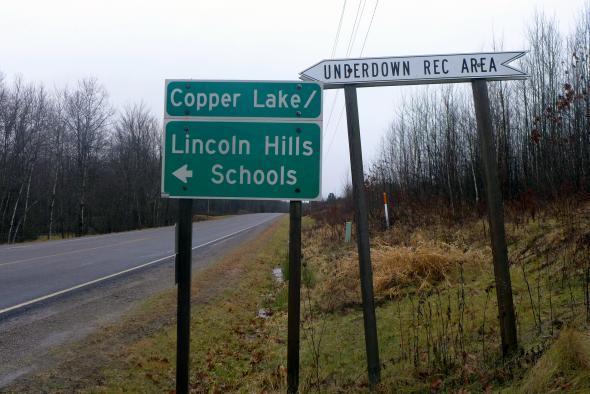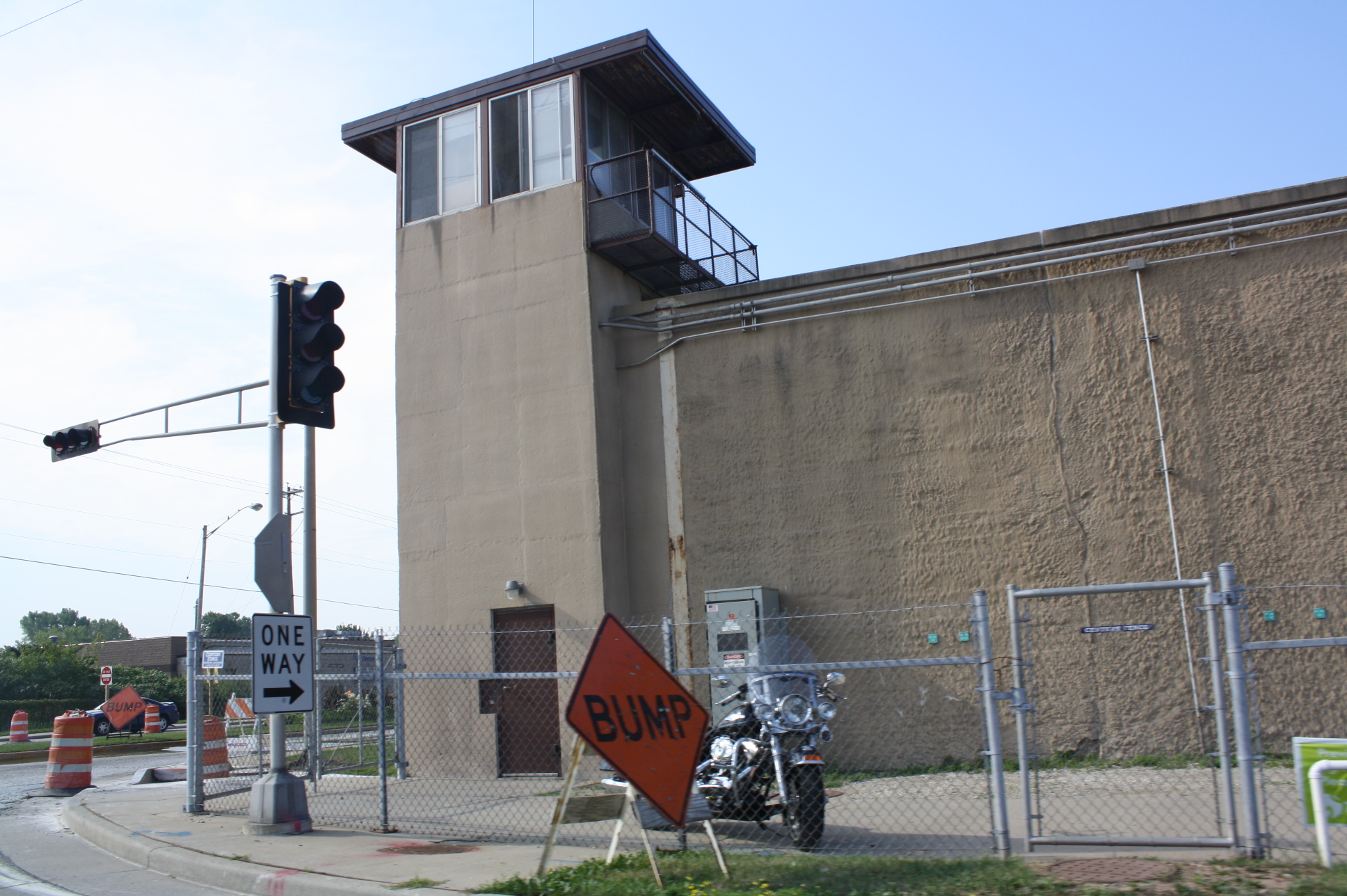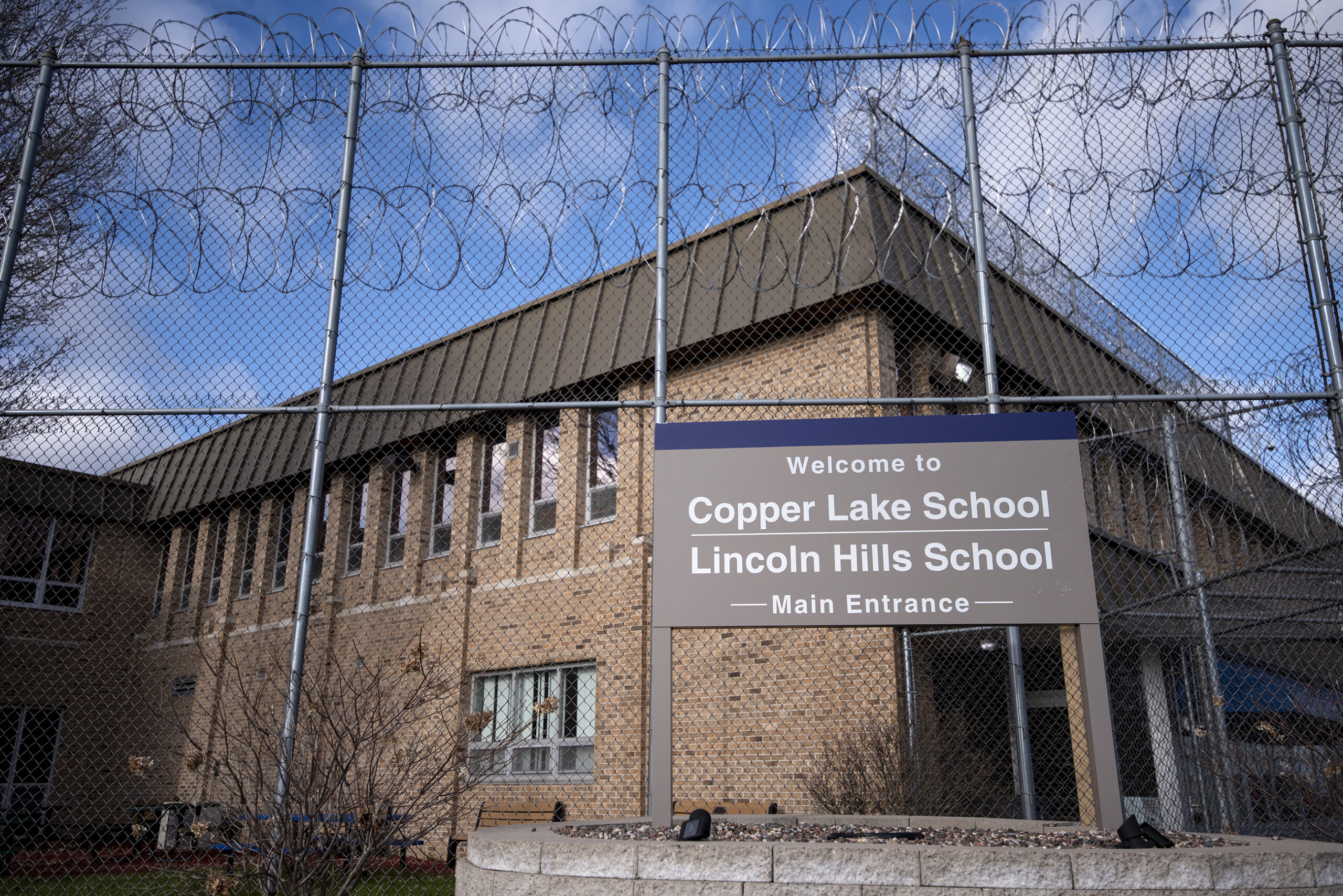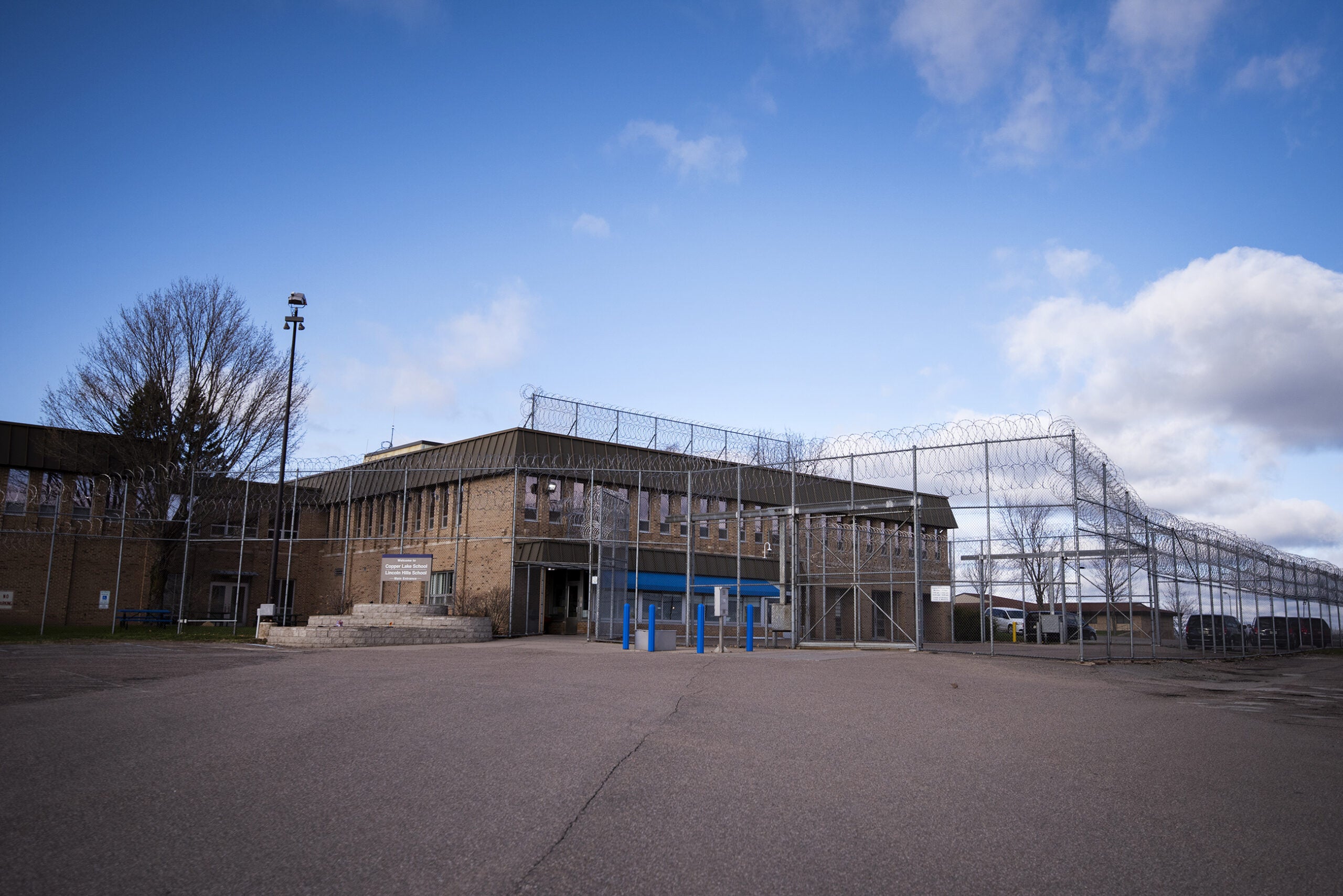A federal judge has no plans to change a consent decree governing conditions at a troubled Wisconsin youth detention facility.
The request from some Republican state lawmakers follows a fatal attack in June against 49-year-old Corey Proulx, who worked as a youth counselor at the Lincoln Hills youth prison.
According to a criminal complaint, Proulx hit his head on concrete after being attacked by a 16-year-old on the Lincoln Hills basketball court. That 16-year-old and a 17-year-old accused of helping to plan the attack both face felony charges in Proulx’s death.
News with a little more humanity
WPR’s “Wisconsin Today” newsletter keeps you connected to the state you love without feeling overwhelmed. No paywall. No agenda. No corporate filter.
The Lincoln Hills School for boys and nearby Copper Lake School for girls have been operating under a consent decree since 2018 following a federal civil-rights lawsuit that described widespread abuse against incarcerated youth.
Among other stipulations, the agreement reached under the administration of former Gov. Scott Walker, a Republican, limits when employees can use handcuffs, restricts the use of solitary confinement and prohibits using pepper spray against youth.
In a letter last month, Republican members of Wisconsin’s Senate Committee on Judiciary and Public Safety and its Assembly Committee on Corrections,
argued provisions in the consent decree have put staff like Proulx in danger.
The letter echoed concerns shared during an August committee hearing, in which some Lincoln Hills employees and members of Proulx’s family argued Proulx’s life may have been saved if had he access to pepper spray.
“The fact is, since the consent decree went into effect, Lincoln Hills has
become less, not more, safe,” stated the letter sent by more than a dozen legislators to U.S. District Judge James Peterson.
But Tim Muth, an attorney for the ACLU of Wisconsin, rejects that assertion. He helped file the lawsuit which led to the consent decree. That class-action complaint was brought by the American Civil Liberties Union and the Juvenile Law Center in 2017.
Muth said the court-ordered provisions are needed to protect youth and staff until Lincoln Hills and Copper Lake can be shut down.
“The call for pepper spray is a knee-jerk reaction to a tragic incident,” Muth said in an interview with WPR. “It is not something that’s based on the current best research about how to run a juvenile facility.”
He noted that at least 35 states including Wisconsin ban the use of pepper spray in youth facilities, and said Wisconsin shouldn’t go “backwards.”
Governor opposes request to change consent decree
In his own letter to the judge overseeing the consent decree, Democratic Gov. Tony Evers opposed lawmakers’ request to revise the agreement.
“The consent decree, as you are well aware, was ordered by the court after state and federal investigations during the Walker-Kleefisch Administration found frequent and excessive use of force on kids, excessive use pepper spray, excessive confinement, failure to intervene in youth-on-youth fights, no investigations into sexual misconduct allegations, sexual abuse of youth, and physical abuse of youth that included broken bones and feet being slammed in doors,” the governor’s letter stated. “Unfortunately, in my view, recent efforts requesting the consent decree to be modified and softened, namely by members of the Wisconsin State Legislature, fail to acknowledge or recognize this history.”
The letter also asserted, that despite the “heartbreaking tragedy” of Proulx’s death, Lincoln Hills has become safer in recent years.
During the most-recent fiscal year, there were 54 assaults reported against staff at Wisconsin’s youth prisons, which was the lowest number in nearly a decade, according to Department Of Corrections data.
At the same time, the number of youth incarcerated at Lincoln Hills and Copper Lake has declined in recent years. When a court-appointed monitor visited the prisons this July, there were 58 youth at Lincoln Hills and Copper Lake. In 2018, there were more than 140 boys and girls at the two facilities.
State senator has no plans to file motion to intervene
In a letter filed with the court, Peterson told state lawmakers that, if they wished to amend the consent decree, the proper way to do so would be to file a legal motion asking to intervene in the case.
But in an email to WPR, a staffer for state Sen. Van Wanggaard, R-Racine, said Wanggaard has no plans to ask the Legislature to intervene in the lawsuit. Wanggaard chairs the senate’s public safety committee and is listed as the first signer of the letter to Peterson.
Even if the Legislature were to intervene, Peterson appears reluctant to change the consent decree.
“Apparently, all now agree that conditions at Lincoln Hills warranted court intervention,” the judge wrote. “The true cost of Lincoln Hills — in damage inflicted on the youth housed there, in settlements paid out to the victims of constitutional violations, in risk and injury to the staff — is enormous and hasn’t yet been fully paid.”
A state law signed by Walker in 2018 called for Lincoln Hills and Copper Lake to be shut down by 2021. Officials say their goal is to replace the troubled youth facilities, which are currently located in remote Irma, Wisconsin, with multiple smaller facilities in areas closer to where many of the incarcerated youth have family.
The 2021 deadline has long since lapsed, however, amid stalled plans to build replacement facilities. The Department of Corrections recently started construction of a new juvenile facility in Milwaukee, which could open in 2026. And officials are in the early stages of planning a second facility in Dane County.
“It appears that the path forward was recognized in 2018,” the judge’s letter added. “I would encourage the legislature and the Governor to commit to that path, and renew their efforts to open the regional facilities, so that the consent decree is no longer needed at all.”






